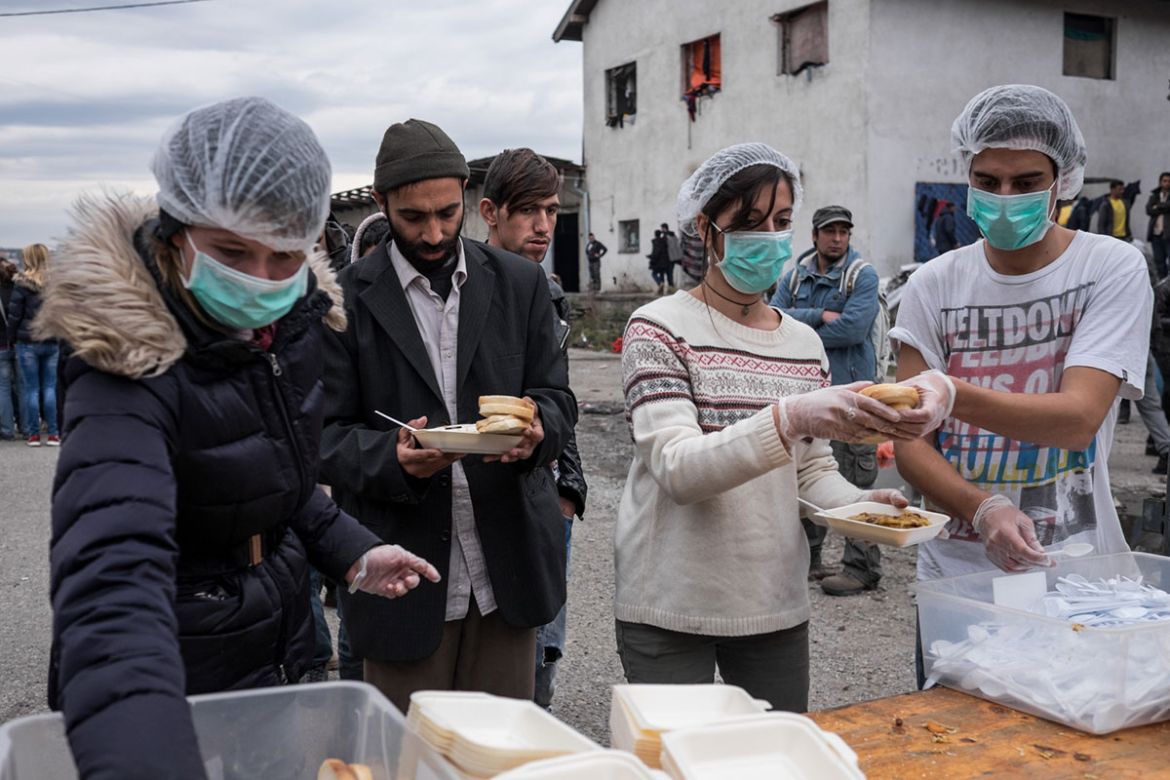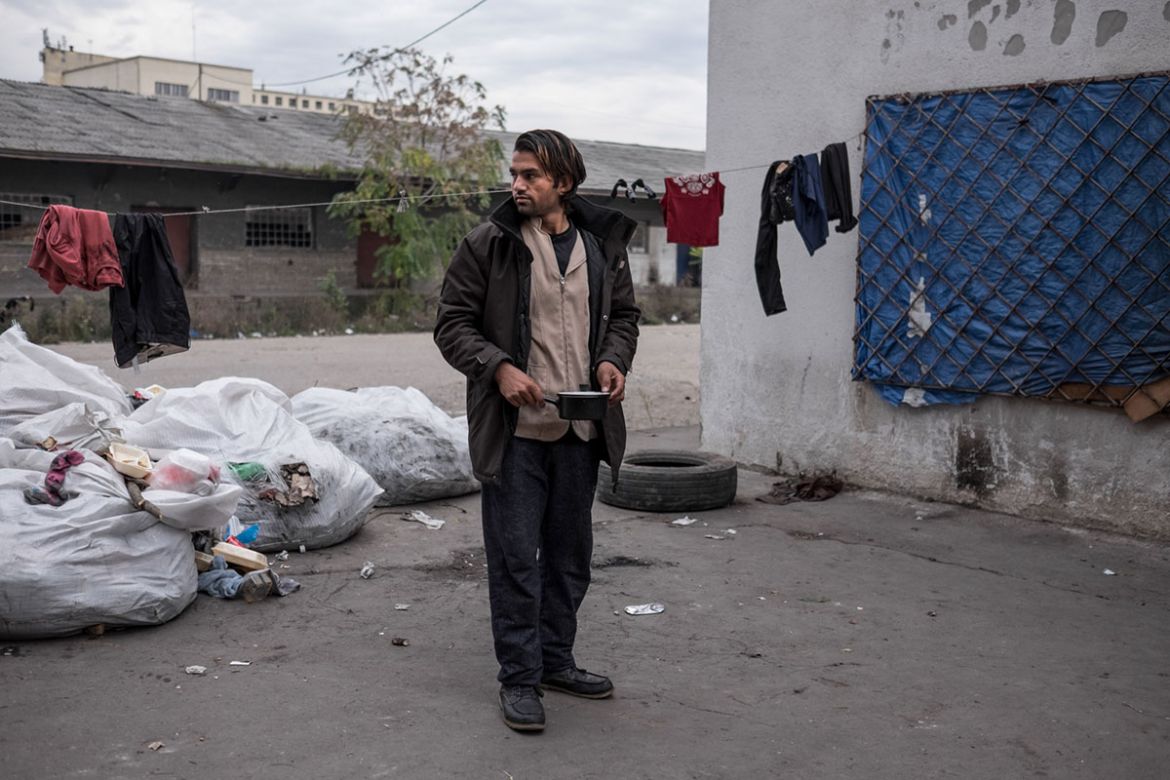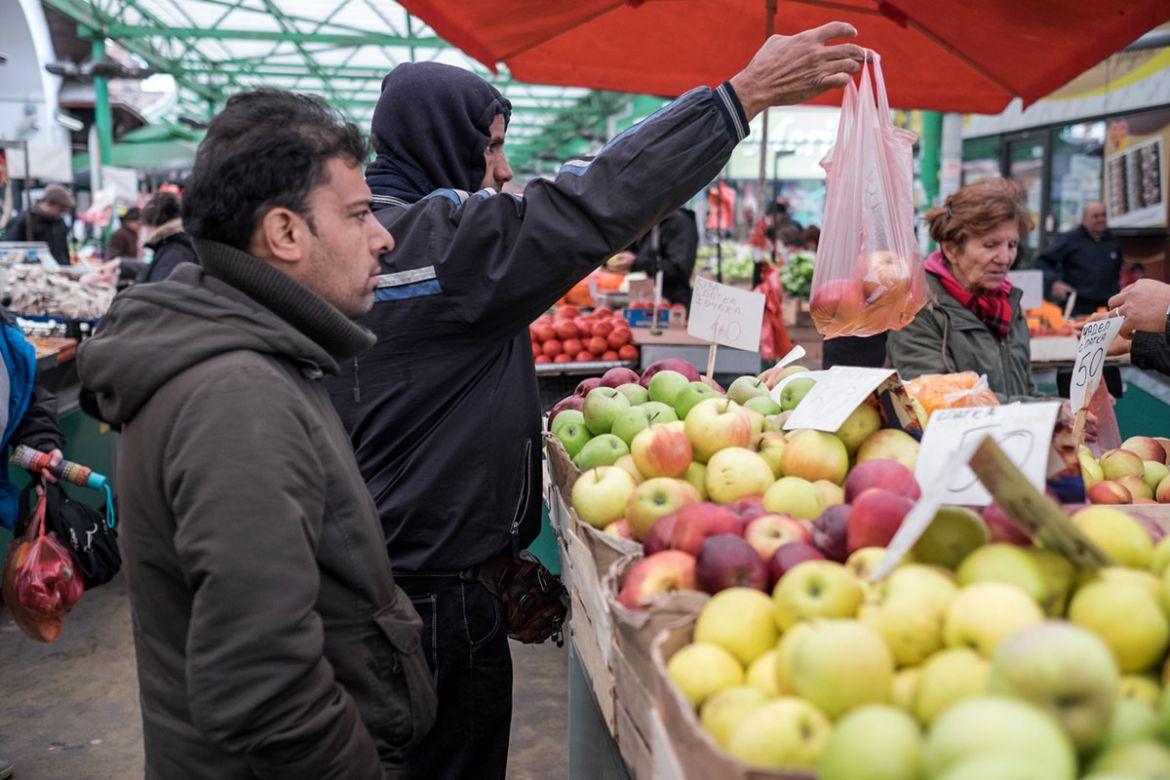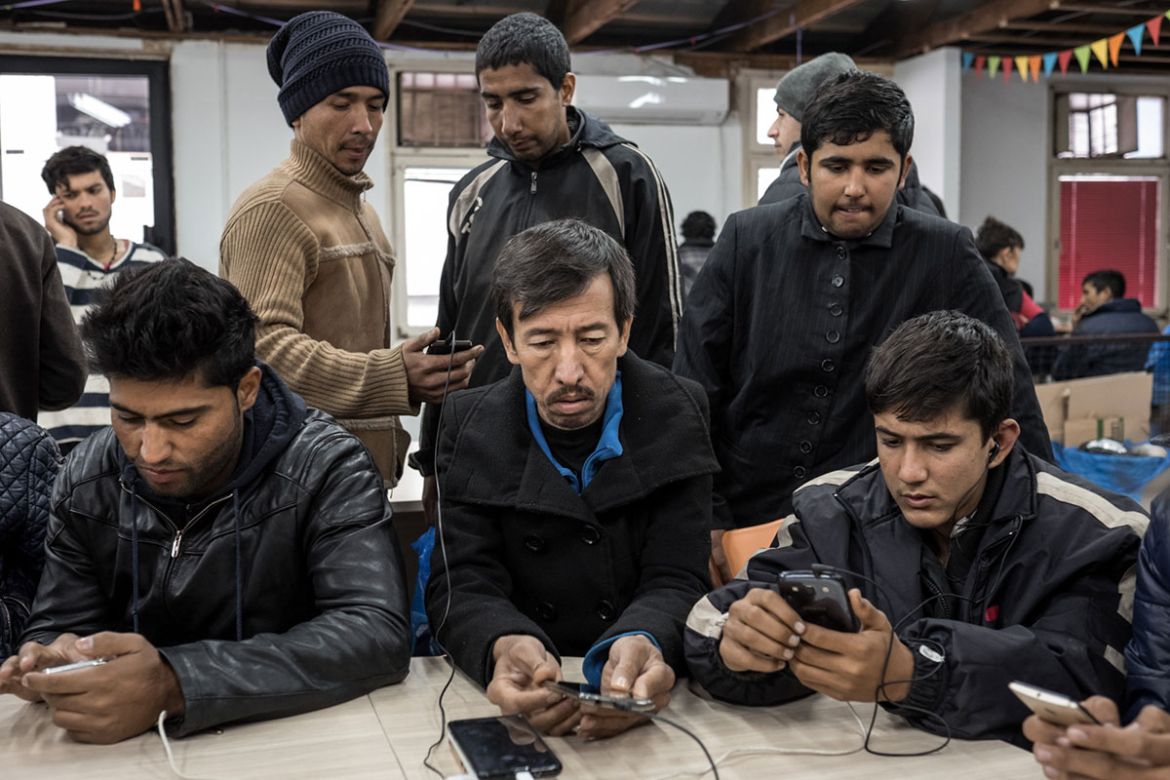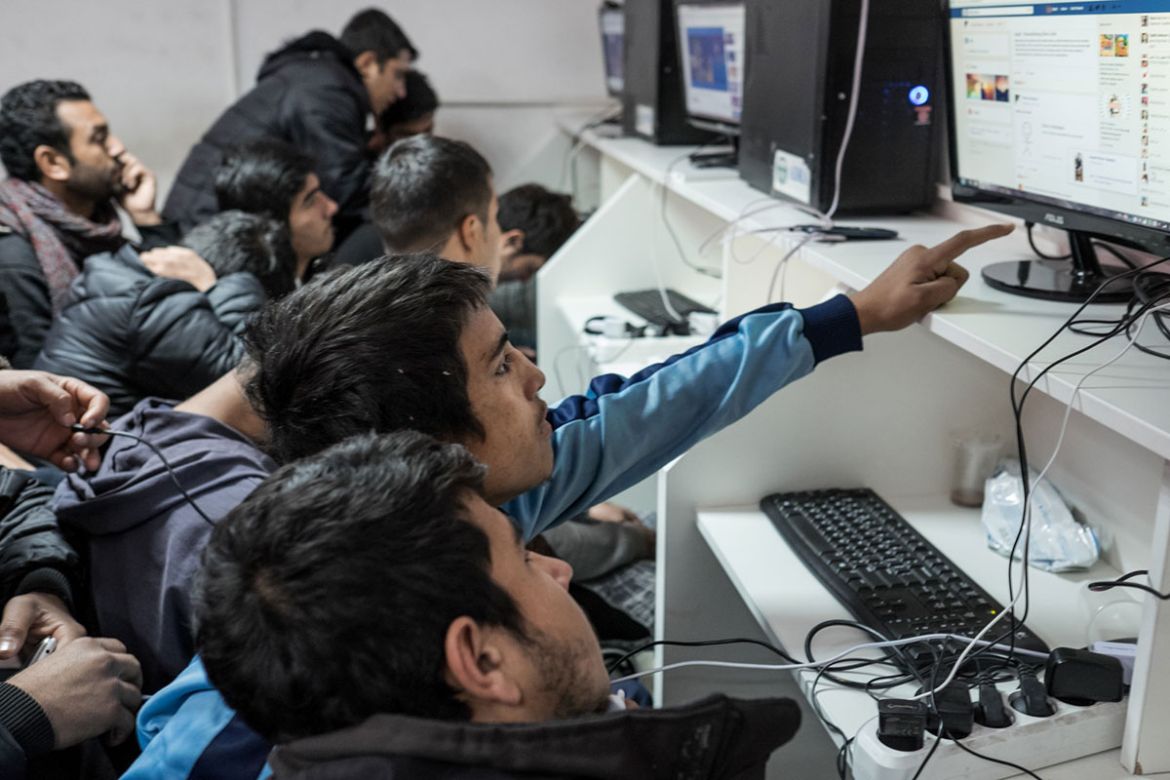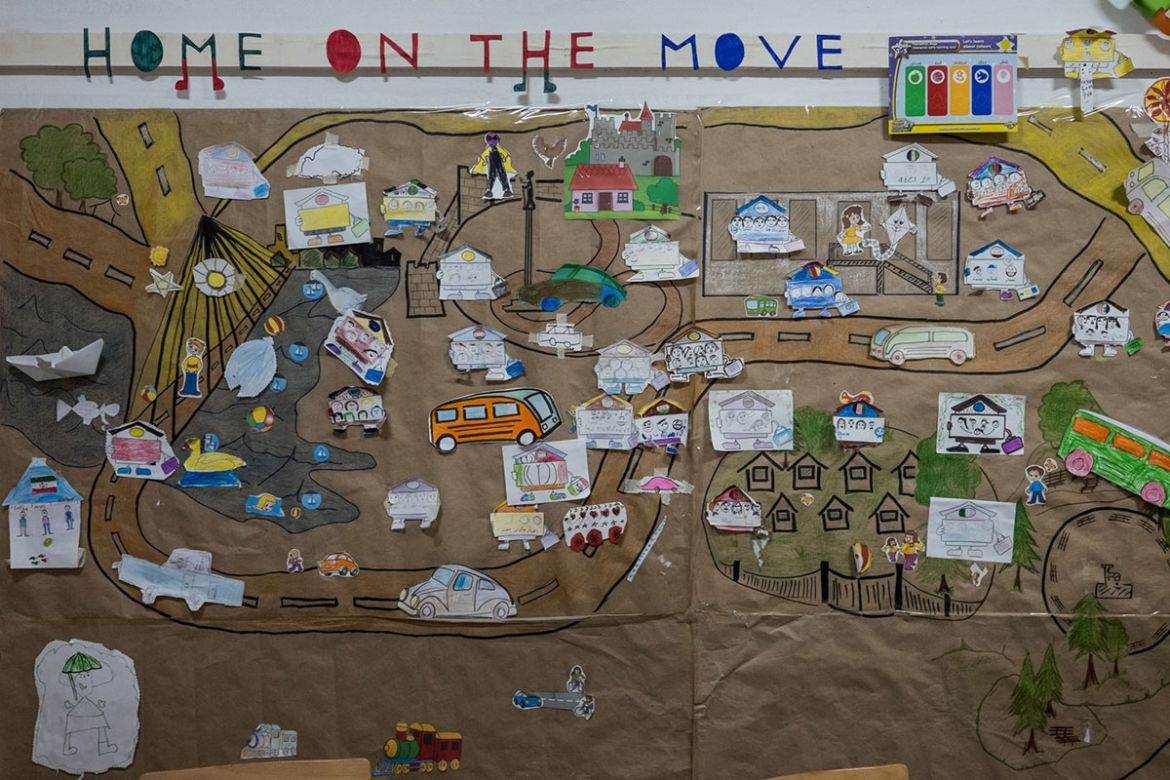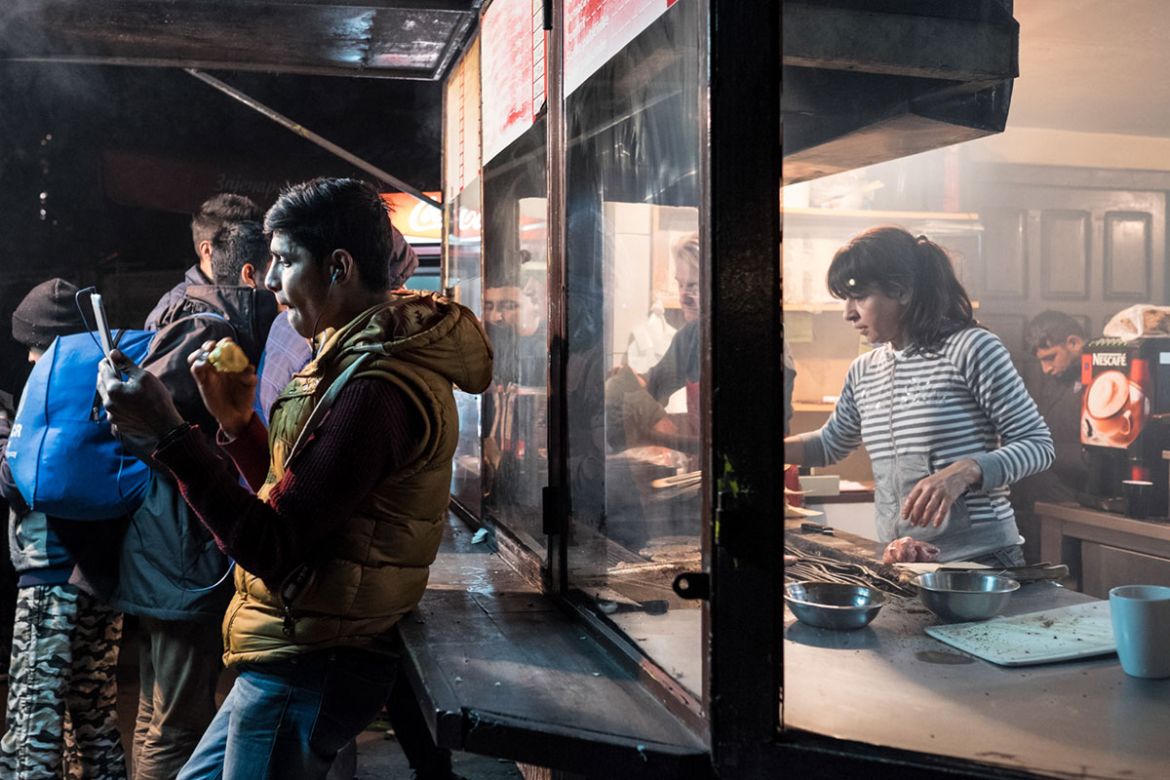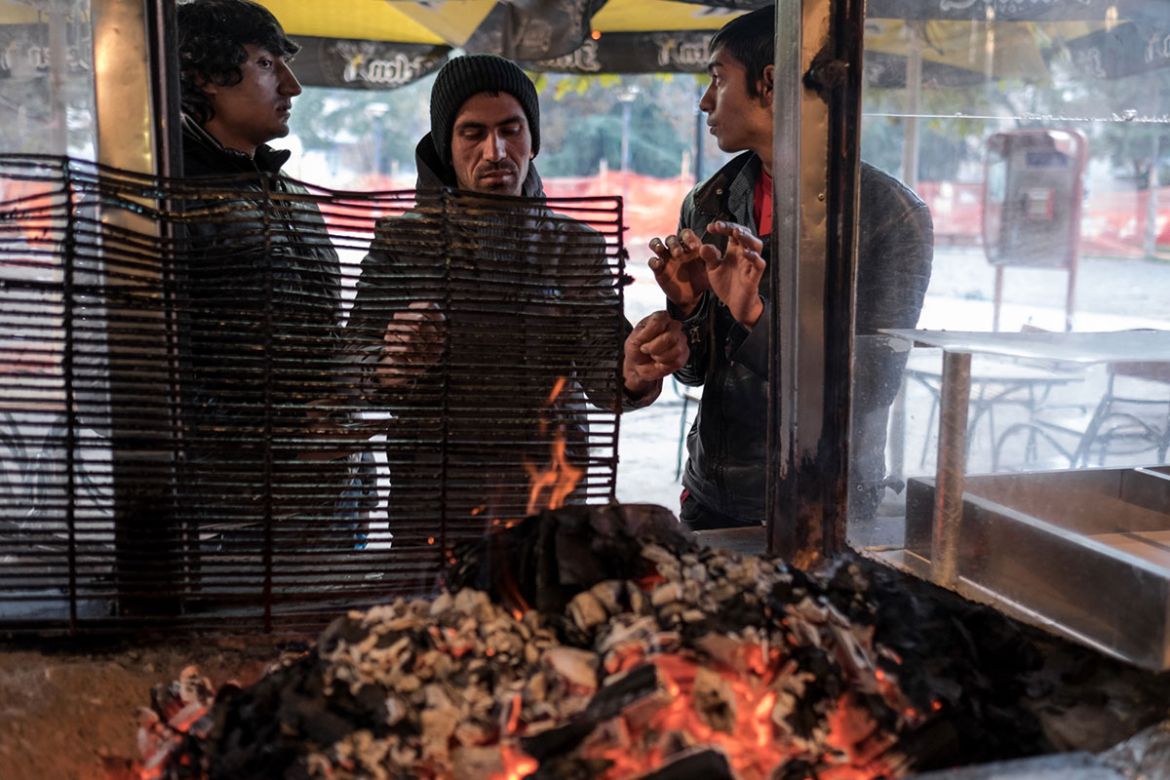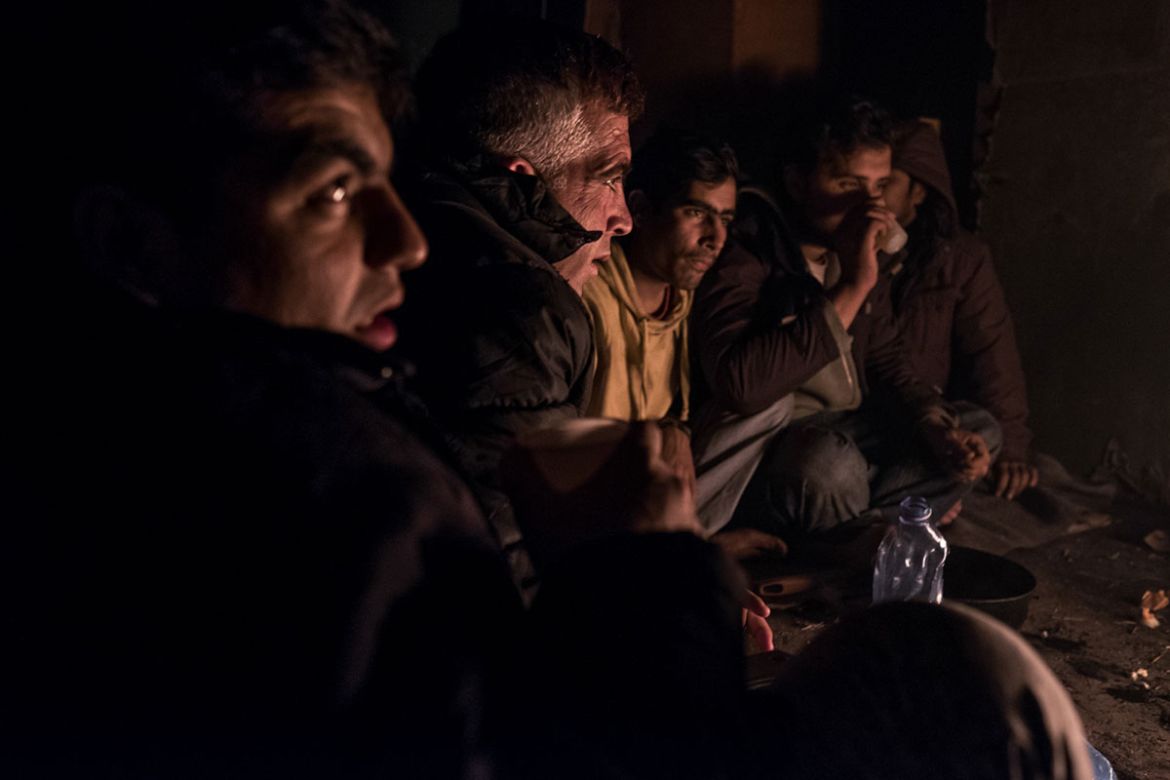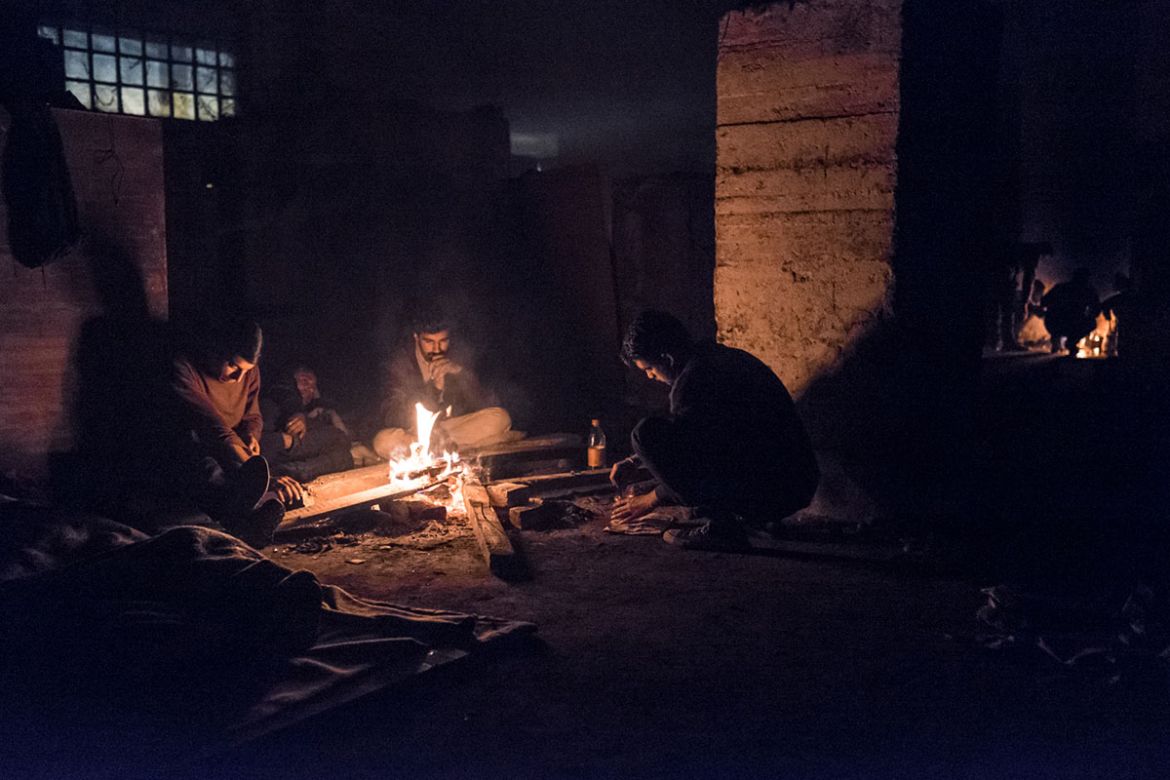In Pictures
Afghan refugees stranded in Serbia
As winter approaches and policies continue to harden against them, life for refugees becomes more difficult in Europe.
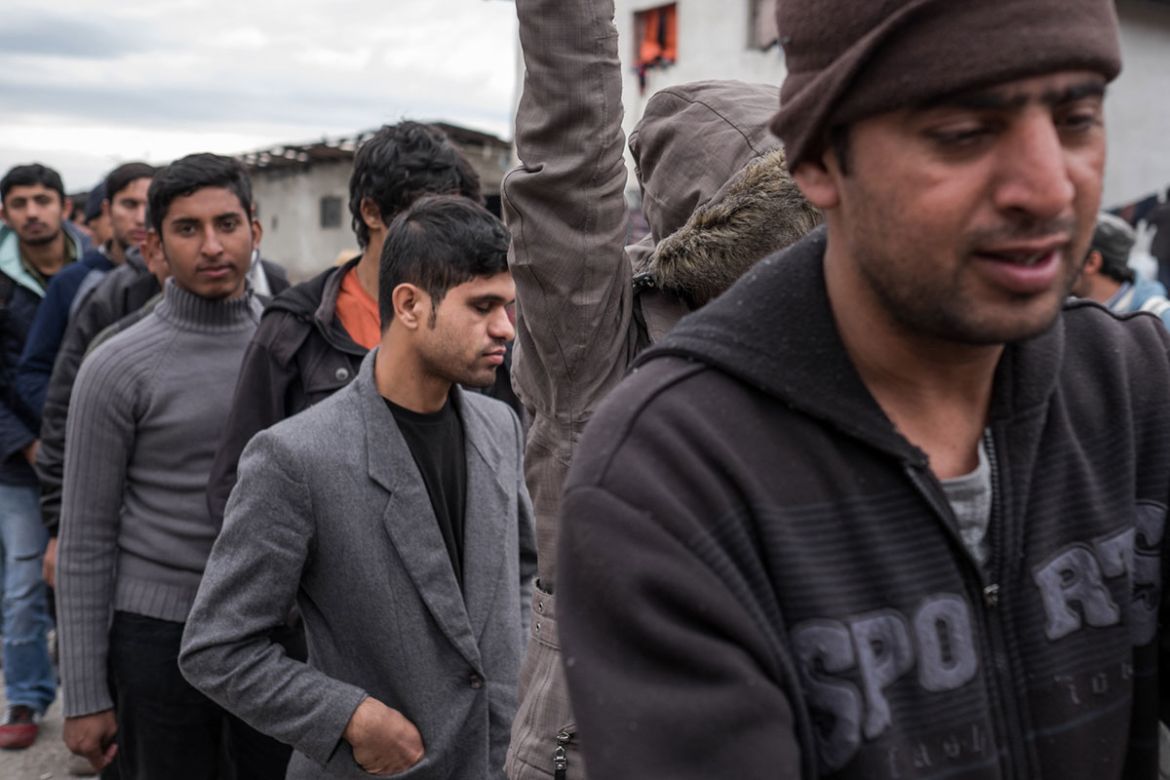
Belgrade, Serbia – When some European borders closed to refugees in March 2016, many thought the refugee crisis was over. But in Serbia, the government and organisations working with refugees say the route is still active.
According to the UNHCR, some 150 refugees arrive in Serbia every day, either through Bulgaria or Macedonia. Some of them had been stranded in refugee camps in Greece for a long time, but there are also new arrivals, people who arrived in Europe recently.
At the moment, Serbia is home to more than 6,000 refugees, most of whom plan to continue their journey further west to other countries.
Families with children account for 30-40 percent of the refugees stranded in Serbia, according to Save the Children. They stay in accommodation centres across the country.
Young single men prefer to stay in Belgrade, on the streets, so they can be closer to the smugglers, says Tatjana Ristic from Save the Children in Serbia. They spend their days visiting the refugee centres, where they can charge their phones and access the internet. At night, they sleep in parks or in abandoned factories and buildings.
“People are more vulnerable now because there is no system in place to protect them and they will only rely on smugglers,” says Tatjana. “Numbers are smaller, but the situation is worse.”

